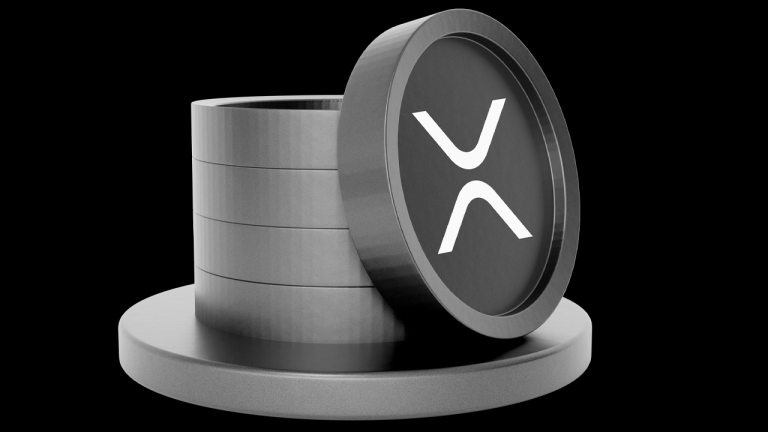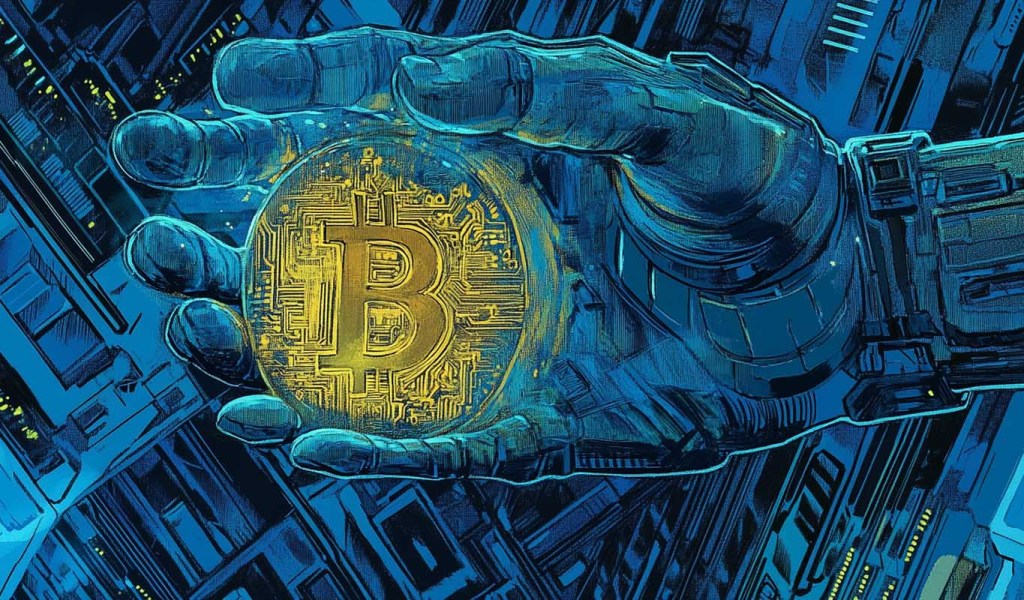
Journalist Claims She Identified the 2016 DAO Hacker, Evidence Shows Investigators ‘De-Mixed’ Wasabi Transactions

An article published by journalist Laura Shin, and research stemming from the blockchain surveillance firm Chainalysis, claims to identify the alleged identity of The DAO hacker who drained millions of dollars worth of ethereum from the decentralized autonomous organization on June 17, 2016. Shin’s and Chainalysis’s findings accuse the former Tenx CEO, Toby Hoenisch, of being behind the $60 million hack that saw the loss of 3.6 million ether, which is now worth close to $10 billion using today’s exchange rates.
Uncovering the 2016 Genesis DAO Hack
In the summer of 2016, there were two significant hacks that shocked the cryptocurrency community — The DAO hack and the Bitfinex breach. Following the recent apprehension of the couple who allegedly possessed the stolen Bitfinex BTC, journalist Laura Shin has published new findings on The DAO hacker and she claims to have identified the person behind the notorious hack. The DAO, also referred to as the Genesis DAO was a decentralized autonomous organization that managed to raise $150 million in ethereum (ETH).
EXCLUSIVE:
With the publication of my book today, I can finally announce: in the course of writing my book, my sources and I believe we uncovered the identity of the Ethereum’s 2016 DAO hacker.— Laura Shin (@laurashin) February 22, 2022
However, on June 17, 2016, an individual discovered a bug in the code that allowed the person to drain funds from the organization’s stash. In a matter of hours, the hacker drained 3,600,000 ether worth roughly $60 million, and using today’s exchange rates the 3.6 million ether is worth $9.3 billion.
The Genesis DAO hack not only wreaked havoc on the price of ethereum (ETH), it also caused a divide within the Ethereum community and ultimately caused the chain to split. Now more than five years later, Shin’s book called “The Cryptopians” claims to have discovered the identity of the hacker.
“We identify the apparent hacker — he denies it — by following a complicated trail of crypto transactions and using a previously undisclosed privacy-cracking forensics tool,” Shin’s Forbes report about the person’s alleged identity.
The Forbes article indicates that Shin leveraged a “powerful and previously secret forensics tool from crypto tracing firm Chainalysis” in order to help uncover the mystery. The findings discuss a blockchain transaction that allegedly derived from the former Tenx CEO Toby Hoenisch.
When Shin and her friends approached Hoenisch, he denied the claims entirely and stressed: “Your statement and conclusion is factually inaccurate.” Despite Hoenisch’s denial, Shin included the story in her book and did an expose on the investigation as well. “Since Hoenisch won’t talk to me, I can only speculate about his possible motives,” Shin said.
The Forbes journalist continued:
Back in 2016 he identified technical vulnerabilities in The DAO early and may have decided to strike after concluding his warnings weren’t being taken seriously enough by the creators of The DAO.
Chainalysis Discovers DAO Attacker Sent 50 BTC to a Wasabi Wallet, Shin Claims Transactions Were “De-Mixed” by the Blockchain Intelligence Firm
Shin’s article has also surprised the community as she reports that Chainalysis discovered the attacker sent 50 BTC to a Wasabi wallet. Wasabi is a privacy wallet and Shin claims that the Coinjoin wallet’s transactions were “de-mixed” by Chainalysis, “using a capability that is being disclosed here for the first time,” she added.
“In a final, crucial step, an employee at one of the exchanges confirmed to one of my sources that the funds were swapped for privacy coin Grin and withdrawn to a Grin node called grin.toby.ai. (Due to exchange privacy policies, normally this sort of customer information would not be disclosed),” Shin wrote. The journalist added:
The IP address for that node also hosted Bitcoin Lightning nodes: ln.toby.ai, lnd.ln.toby.ai, etc., and was consistent for over a year; it was not a VPN. It was hosted on Amazon Singapore. Lightning explorer 1ML showed a node at that IP called Tenx.
As mentioned above, Toby Hoenisch denied the accusations, after Shin sent him a document that described her evidence. She wrote that he said he would give more details but never responded after the initial email. “In addition, after receiving the first document detailing the facts I’d gathered, he deleted almost all his Twitter history (though I’ve saved the relevant tweets),” Shin adds. In the meantime, many crypto supporters are discussing the underlying parts of Shin’s story which detail the blockchain surveillance methods.
The privacy-centric bitcoin wallet Samourai criticized Wasabi over the wallet’s mixing scheme after Shin’s article published. “It should be *impossible* for a user to combine a pre-mix coin with a post-mix coin,” Samourai tweeted on Tuesday. “This scenario is impossible due to the architecture of both JoinMarket and Whirlpool. Why is it possible in Wasabi?” In addition to the statement, Samourai attached a tweet from July 2019, which describes the alleged problem.
What do you think about the journalist Laura Shin’s discovery about the 2016 Genesis DAO hack? Let us know what you think about this subject in the comments section below.
Go to Source
Author: Jamie Redman









